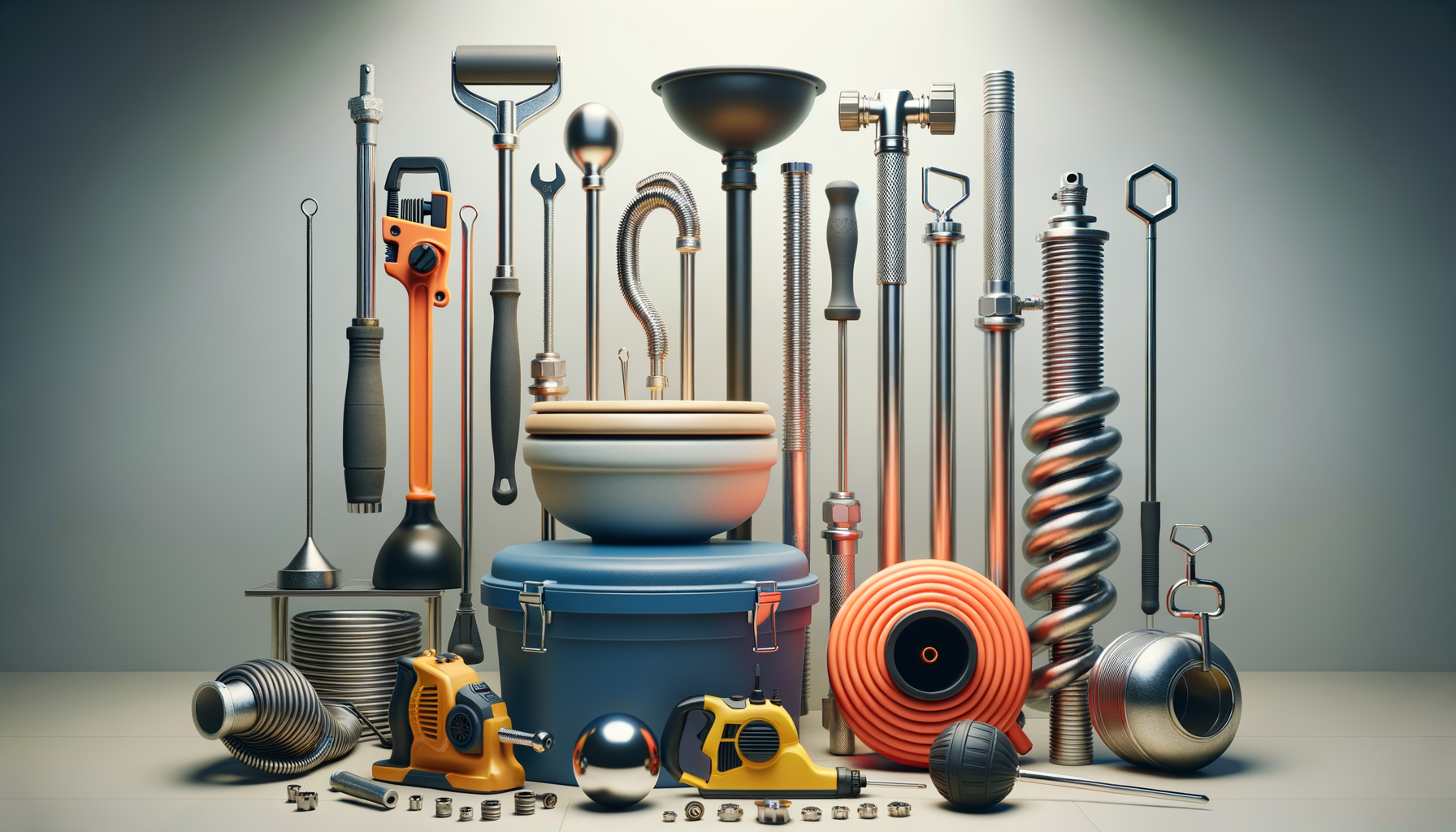Understanding the Causes of Clogged Drains
Clogged drains are a common household issue that can cause significant inconvenience. Understanding the root causes of these blockages is crucial for effective prevention and resolution. The primary culprits are often everyday materials such as hair, soap scum, grease, and food particles. These substances can accumulate over time, forming stubborn blockages that impede water flow.
Hair, for instance, is notorious for tangling with soap and other debris, creating dense clogs in bathroom drains. In kitchens, grease and oil solidify as they cool, sticking to the walls of pipes and trapping food particles. Additionally, foreign objects accidentally flushed down toilets or washed down sinks can contribute to severe blockages.
Recognizing these common causes not only helps in choosing the right method for unclogging but also aids in taking preventive measures. Regular maintenance and mindful disposal habits can significantly reduce the frequency of clogs, ensuring a smoother flow in your plumbing system.
DIY Methods for Unclogging Drains
For those who enjoy tackling household challenges head-on, several do-it-yourself methods can effectively clear clogged drains. These techniques often use common household items, making them both cost-effective and convenient.
One popular approach is the baking soda and vinegar method. This involves pouring a cup of baking soda followed by a cup of vinegar down the drain. The chemical reaction between these two substances helps break down minor clogs. After letting the mixture sit for about 15 minutes, flushing the drain with hot water can help clear the blockage.
Another method is using a plunger. This tool is particularly effective for toilets and sinks. By creating a vacuum, a plunger can dislodge clogs, allowing water to flow freely. For hair clogs, a drain snake or a homemade wire hanger hook can be used to physically remove the obstruction.
While these DIY methods are effective for minor clogs, they may not work for more severe blockages. In such cases, it may be necessary to explore other options or seek professional help.
Chemical Drain Cleaners: Pros and Cons
Chemical drain cleaners are a popular choice for many homeowners due to their ease of use and quick results. However, understanding their advantages and potential drawbacks is essential before deciding to use them.
On the positive side, chemical cleaners are designed to dissolve clogs quickly. They are particularly effective against grease, hair, and soap scum. These products are readily available and can save time and effort compared to manual methods.
However, there are significant downsides to consider. The harsh chemicals used in these products can be dangerous to both health and the environment. They can cause skin and eye irritation and may release harmful fumes. Additionally, frequent use can damage pipes, especially older ones, leading to costly repairs.
Given these considerations, chemical cleaners should be used sparingly and as a last resort. It is crucial to follow all safety instructions and consider alternative methods whenever possible.
When to Call a Professional Plumber
Despite the effectiveness of DIY methods and chemical cleaners, there are times when professional intervention is necessary. Understanding when to call a plumber can prevent further damage and ensure a lasting solution.
Professional plumbers have the expertise and tools to handle complex clogs that are beyond the reach of household methods. For instance, if multiple drains in your home are clogged simultaneously, it may indicate a blockage in the main sewer line. Such issues require specialized equipment and skills to resolve.
Additionally, if water is backing up or draining very slowly despite repeated attempts to clear the clog, professional help is advisable. Persistent odors emanating from drains can also signal deeper issues that need expert attention.
In these situations, a plumber can provide a thorough assessment and implement effective solutions, ensuring the integrity of your plumbing system.
Preventive Measures to Avoid Future Clogs
Prevention is always better than cure, and taking proactive steps can significantly reduce the likelihood of future clogs. Implementing a few simple practices can go a long way in maintaining clear and efficient drains.
Regular cleaning is crucial. Pouring boiling water down drains weekly can help dissolve grease and soap scum before they form clogs. Additionally, using a mixture of baking soda and vinegar monthly can keep drains fresh and clear.
Installing drain screens is another effective preventive measure. These screens catch hair, food particles, and other debris, preventing them from entering the pipes. Regularly cleaning these screens ensures they remain effective.
Mindful disposal habits are equally important. Avoid pouring grease or oil down the sink, and dispose of food scraps in the trash or compost. In bathrooms, ensure that only toilet paper is flushed, as other materials can cause blockages.
By adopting these preventive measures, you can enjoy a hassle-free plumbing system and avoid the inconvenience of clogged drains.








